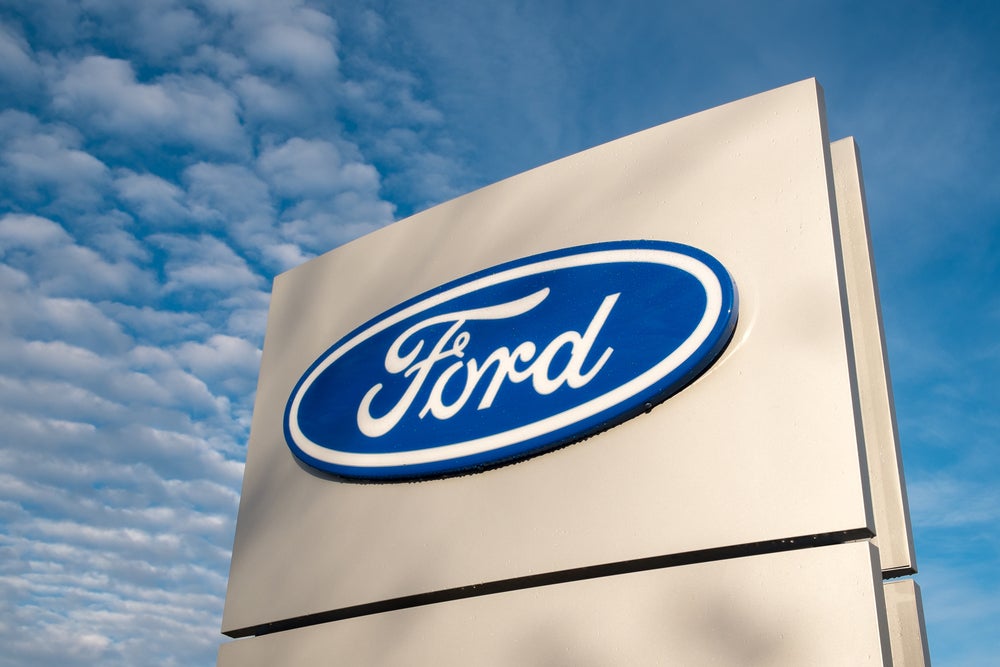
A consortium of companies led by automaker Ford will build a C$1.2bn (US$887m) cathode manufacturing facility in Canada, the company announced on Thursday.
The plant will be located in Becancour, Quebec, and will provide electric vehicle (EV) battery materials to the company’s future fleets of EVs. The facility is Ford’s first investment in Quebec and is part of the carmaker’s plan to localise battery raw material processing and supply for its EV production in North America, the company said in a statement.
Construction has already begun on the 280,000m², which will include a six-floor building. Production is set to begin in the first half of 2026. The site will have the capacity to produce up to 45,000 tonnes of cathode active materials per year, which will support the production of up to 225,000 EVs annually.
The consortium includes South Korean battery producers EcoPro BM and SK On, according to the statement. SK On’s annual production capacity in North America is expected to reach more than 180 gigawatt-hours after 2025, which is enough to power approximately 1.7 million EVs per year.
EcoPro will manufacture cathode active materials and high-quality nickel cobalt manganese, essential for rechargeable batteries.
Both Canada’s Federal Government and Quebec’s Provincial Government will provide funding for the project. The federal government will provide the consortium with a conditional loan of C$322m, with Quebec offering the same amount as a partially forgivable loan.
“We are excited to invest in this new facility to create a vertically integrated, closed-loop battery manufacturing supply chain in North America designed to help make electric vehicles more accessible for millions of people over time,” said Bev Goodman, president and CEO at Ford of Canada.
Industry Minister Francois-Philippe Champagne told Reuters: “This is a big vote of confidence in the [EV] ecosystem we’ve been building, this is very significant for Quebec, because as you know the auto sector has been primarily investing in Ontario, but now we have Ford in Becancour.”
Many automakers and battery producers have moved operations to North America in the past year to take advantage of the US Inflation Reduction Act, which offers significant tax breaks and subsidies for clean energy technologies produced with locally sourced materials. In June, the US Department of Energy loaned Ford $9.2bn for the development of battery plants in the US states of Tennessee and Kentucky, with SK On agreeing to join the venture.
Ford has been growing its EV portfolio rapidly in order to keep up with global targets to phase out combustion engine vehicles. In May, it signed lithium supply agreements with lithium miners Nemaska Lithium, Albemarle, Sociedad Química y Minera de Chile and Compass Minerals. According to the agreement, Canada-based Nemaska Lithium will provide lithium products to Ford for the next 11 years.



